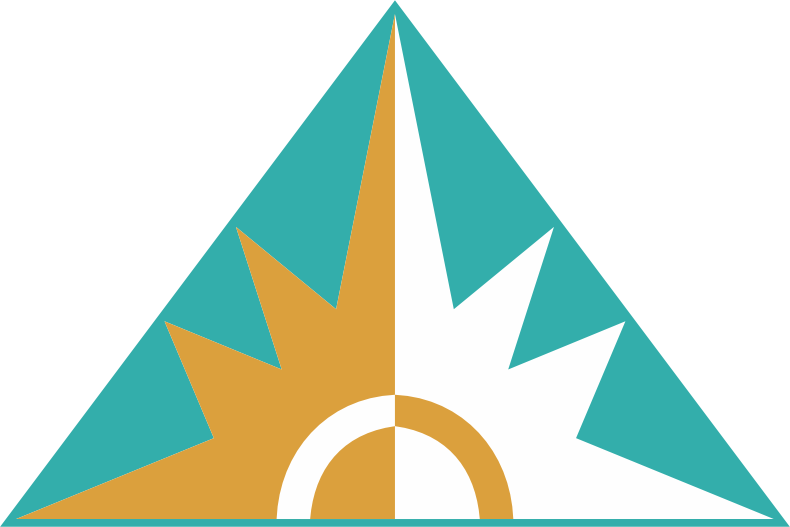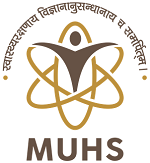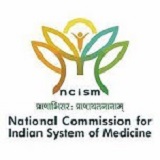Agadatantra
Information
INTRODUCTION
The Agad Tantra evam Vidhi Vaidyaka department is a crucial branch of Ayurveda that deals with toxicology (Visha Chikitsa) and medical jurisprudence (Forensic Medicine and Ethics). It provides knowledge about various toxins, their effects on the human body, diagnosis, and treatment methods, along with legal and ethical aspects of medical practice.
- Agad Tantra (Toxicology)
This branch focuses on the study of natural and artificial poisons, including their sources, effects, antidotes, and Ayurvedic as well as modern treatment approaches. It covers toxins derived from plants, animals, minerals, and artificial chemicals.
- Vidhi Vaidyaka (Forensic Medicine and Medical Jurisprudence):
This aspect deals with legal medicine, medical ethics, and the responsibilities of healthcare professionals in legal cases, including postmortem examinations, injury assessments, and medico-legal documentation.
AIM
- To provide knowledge about different types of poisons, their sources, symptoms, and treatment.
- To educate students on the legal and ethical responsibilities of medical practitioners.
- To integrate Ayurvedic toxicology with modern forensic science for a comprehensive approach.
Objectives
- Understanding Toxicology in Ayurveda and Modern Science
- Study of Jangama Visha (animal poisons), Sthavara Visha (plant-based poisons), and Kritrima Visha (artificial poisons).
- Identification, prevention, and management of poisoning cases.
- Exploring the effects of food adulteration, environmental toxins, and industrial pollutants on health.
- Diagnosis and Management of Poisoning Cases
- Recognizing signs and symptoms of poisoning in Ayurveda and modern medicine.
- Ayurvedic detoxification techniques like Vamana, Virechana, and Agada Kalpas (antidotes).
- Emergency management and modern life-supportive treatment for poisoning.
- Forensic Medicine and Legal Aspects
- Understanding medico-legal cases related to injuries, poisoning, sexual offenses, and unnatural deaths.
- Learning about postmortem examinations, forensic pathology, and toxicological analysis.
- Studying laws related to medical practice (e.g., IPC, CrPC, MTP Act, Organ Transplant Act).
- Medical Ethics and Responsibilities of Physicians
- Importance of medical ethics and professional conduct in healthcare.
- Legal duties of doctors in cases of assault, poisoning, and medical negligence.
- Understanding the role of Ayurveda in legal medicine and forensic investigations.
- Research and Advancements in Agad Tantra
- Exploring modern advancements in toxicology and forensic science.
- Conducting Ayurvedic research on herbal antidotes and detoxification methods.
- Promoting awareness about environmental and occupational hazards.
Conclusion
The Agad Tantra evam Vidhi Vaidyaka department plays a significant role in bridging the gap between Ayurvedic toxicology and modern forensic medicine. It helps in managing poisoning cases, ensuring ethical medical practice, and understanding the medico-legal aspects of healthcare. By integrating ancient wisdom with modern scientific approaches, this branch contributes to safe, ethical, and legally compliant medical practice.


